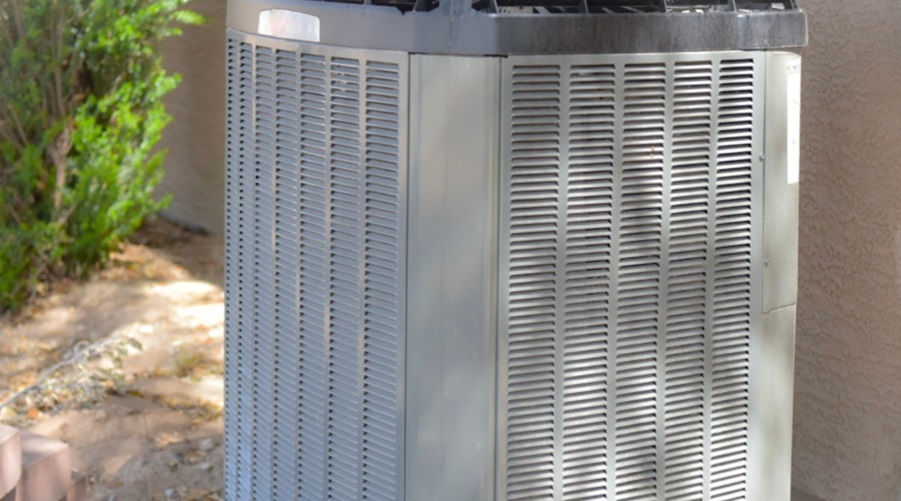Winter is the season when heating systems work overtime to keep homes comfortable. However, simple mistakes in using or maintaining your system can lead to significantly higher energy costs. Ensuring proper HVAC maintenance in Atlanta is crucial for keeping your heating system running efficiently, helping you save on energy and reduce costs.
This article explores common winter heating mistakes that homeowners make and provides tips to avoid them, helping you maintain comfort while controlling energy bills.
Cranking Up the Thermostat
Why It’s a Problem
Turning the thermostat to an excessively high doesn’t heat your home faster. Instead, it forces your system to work harder, consuming more energy and potentially wearing out components prematurely.
How to Avoid It
Set your thermostat to a consistent, moderate temperature. A programmable thermostat can help you schedule temperature adjustments based on your daily routine, reducing unnecessary heating when you’re away or asleep.
Neglecting Regular HVAC Maintenance
Why It’s a Problem
Skipping routine HVAC maintenance can reduce system efficiency, clogged filters, and costly repairs. A poorly maintained heating system consumes more energy to achieve the same results.
How to Avoid It
Schedule regular maintenance to ensure your system is in top condition. Learn more about the importance of seasonal upkeep in this seasonal heating maintenance and why do you need it, and how it helps prevent inefficiencies.
Blocking Vents and Registers
Why It’s a Problem
Blocked vents and registers caused by furniture, rugs, or curtains can hinder airflow, making your heating system work harder to maintain a comfortable temperature. This inefficiency drives up energy costs.
How to Avoid It
Inspect your vents regularly and ensure they remain unobstructed. Rearrange furniture or decor if necessary to allow proper airflow.
Leaving Doors and Windows Unsealed
Why It’s a Problem
Drafts from poorly sealed windows or doors allow warm air to escape and cold air to enter, making your heating system work overtime to maintain comfort.
How to Avoid It
Use weatherstripping or caulk to seal gaps around windows and doors, preventing drafts and improving energy efficiency. Consider using heavy curtains or draft stoppers to reduce heat loss.
Ignoring Filter Replacements
Why It’s a Problem
Dirty filters restrict airflow, reducing system efficiency and increasing energy consumption. This may result in increased breakdowns and costly repairs.
How to Avoid It
Change your air filters every 1-3 months, particularly during winter when your heating system operates more often
Heating Empty Rooms
Why It’s a Problem
Heating unoccupied rooms wastes energy, particularly in larger homes. This can lead to higher energy bills without any added comfort.
How to Avoid It
Close vents in unused rooms and shut the doors to prevent heat from escaping. If possible, zone your heating system to target only occupied areas of your home.
Skipping Seasonal HVAC Checkups
Why It’s a Problem
Seasonal checkups help identify potential issues before they escalate into costly repairs or inefficiencies. With them, your system may be able to keep up with winter demands.
How to Avoid It
Incorporate seasonal inspections into your home maintenance routine. Refer to this ultimate seasonal HVAC maintenance checklist for tips on keeping your system running smoothly.
Relying on Space Heaters Too Much
Why It’s a Problem
While space heaters can provide quick warmth, they are often inefficient and can increase electricity usage significantly as the primary heat source.
How to Avoid It
Use space heaters only for supplemental heating in small areas and rely on your central heating system for warmth.
Conclusion
Avoiding these common winter heating mistakes can significantly affect energy costs and system efficiency. Regular HVAC maintenance ensures your heating system is prepared to handle the demands of winter, keeping your home warm and comfortable without breaking the bank. You can maintain an efficient system and enjoy lower energy bills throughout the cold months by sealing drafts, replacing filters, and scheduling seasonal checkups.


